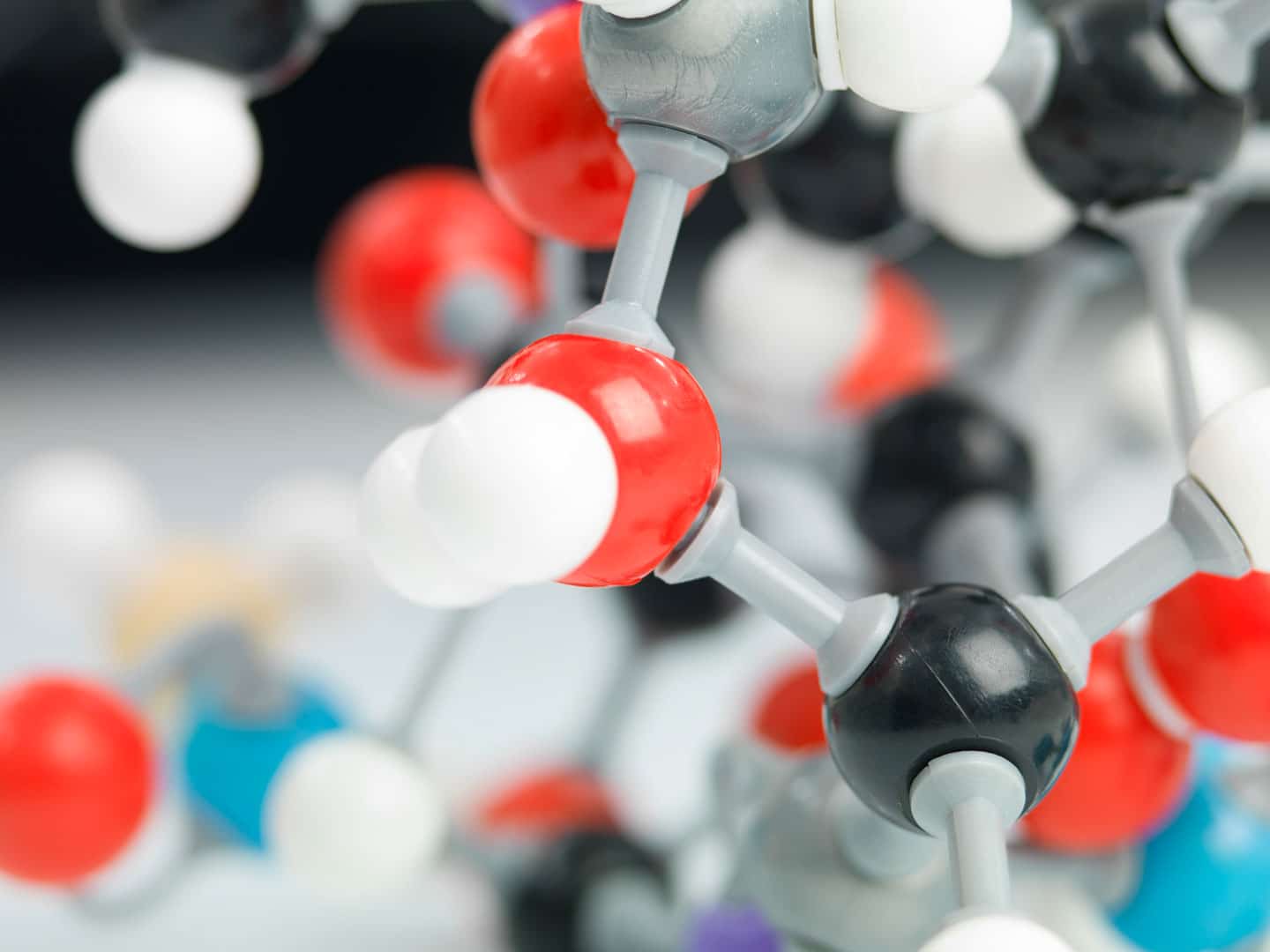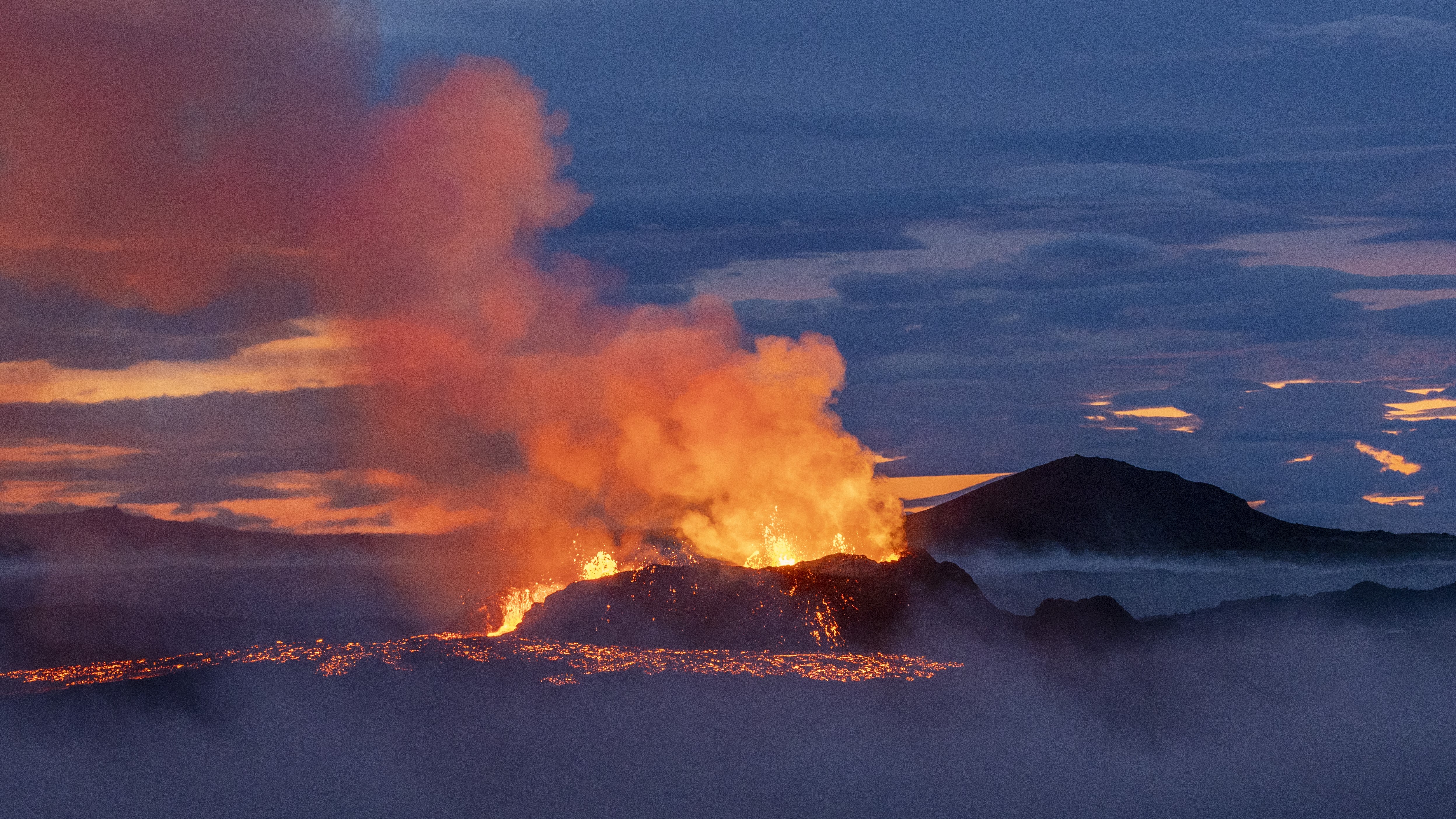
Where does time come from?
Quality Stock / Alamy
Time may not be a fundamental element of our physical reality. New calculations add credence to the idea that it emerges from quantum entanglement, in which two objects are so inextricably linked that disturbing one disrupts the other, no matter how distant they are.
“For centuries, time has entered physics as an essential ingredient that is not to be questioned. It is so deeply rooted in our conception of reality that people thought that a definition of time was not…
Sign up to our weekly newsletter
Receive a weekly dose of discovery in your inbox!
We’ll also keep you up to date with New Scientist
events and special offers.
Note: This article have been indexed to our site. We do not claim legitimacy, ownership or copyright of any of the content above. To see the article at original source Click Here













